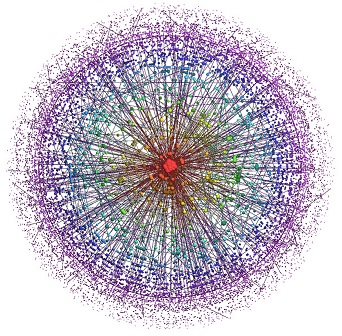2 minute read
26°N 77°W
Re-reading the legendary Fischer Black’s address to the American Finance Association titled Noise (1986) is valuable and entertaining given the context of the world we now live in. His narrative defines Noise as information that hasn’t arrived yet. It is uncertainty about future tastes and technology within and across sectors. He argues that because there is so much noise in our world, many truly important things are essentially unobservable…that the noise in the information we observe is simply clouding our vision.
In 1986, neither Fischer Black nor anyone else predicted the astounding exponential growth in “connectedness”. First minicomputers, primitive cellphones, then networked PCs, the global roll out of the internet, ubiquitous cell and Wi-Fi signals, cloud-based mobile devices, and social media. And none of these are particularly expensive to the user from a capital point of view. The sheer magnitude of the growth of mobility shrinks the internet, voice and data communication, entertainment, and computing into the size of a deck of cards. We can have information anytime, anywhere, can’t we? Along with its noise and complexity.
For Entrepreneur Owner-Managers (EOMs) today, digital connectedness is all good news. It has leveled the playing field between the entrepreneurial economy and the bureaucratic economy, allowing them to access the same information and relationships anywhere in the world at exactly the same time as the largest firms. Our information age is unique in history not only in scale, but in its inherently open and self-governing arrangement of information. You might argue that because low-cost, instant communication of information allows collaboration anytime and anywhere, today’s connectedness is destroying the dominance of bureaucratic firms everywhere, and even raises questions of diseconomies of scale due to noise and complexity.
Is there increased noise and complexity for EOMs too? Without a doubt. Uncertainty is all around us, change is accelerating, and the future is not knowable. No one can predict anything. We live in a messy universe where the dominant pattern of history is not permanence. It is impermanence. The inclination toward 24-hour news and entertainment media as background noise makes us more susceptible to decision-making errors like availability bias (confusing vivid information with probability), anchoring bias, base rate neglect, and others. But we don’t know any seasoned, successful entrepreneur who wants to go back to the bad old days before digital communication where the entrepreneurial economy was disadvantaged because it was less systematized than the bureaucratic one.
New technologies do not render us foolish or wise. Wisdom is hard won; it is shaped and structured by passionate individuals and their tools. The best EOMs know there is a fine line between the WD-40 of increased collaborative communication and the friction of complexity. Collaboration yields productivity and value. But complexity is a drag on productivity, and ultimately Enterprise Value and your permanent positive legacy.
What I am Reading / Listening to
Churchill: Walking With Destiny (2018) by Andrew Roberts
Andrew Roberts has obviously succeeded in writing the definitive new biography on Winston Spencer Churchill (WSC). It’s a result of both his access to new material from the British government and the Churchill family coupled with Roberts’ granularity of detail (want to know what WSC had for lunch on April 19, 1938? It’s in there). And, it’s not usually boring.

Winston Churchill was one of the most remarkable people to live in the history of the world and much has already been written about him (interrogating Quora results in over 100 books—the most written about any person). But boy did I learn a lot from this one.
How about this little quote about his synchronicity “Churchill made an extraordinary series of predictions on a Sunday evening in July 1891. ‘I can see vast changes coming over a now peaceful world;’ ...‘great upheavals, terrible struggles; wars such as one cannot imagine; and I tell you London will be in danger – London will be attacked and I shall be very prominent in the defence of London. I see further ahead than you do. I see into the future. This country will be subjected somehow, to a tremendous invasion, by what means I do not know, but I tell you I shall be in command of the defences of London and I shall save London and England from disaster … dreams of the future are blurred but the main objective is clear. I repeat – London will be in danger and in the high position I shall occupy, it will fall to me to save the capital and save the Empire.’”
All of this was completely new to me and I have read dozens of books about Churchill. While the William Manchester books are possibly more entertaining, this one is more scholarly researched and informing. This work defines the incredibly fatiguing personal commitment and struggle to lead—even when he was out ahead of the popular culture (such as his persistent warning of the Nazi threat 10 years before WWII). His grit and indefatigable positive energy are emotionally moving.
He was the definition of A Whole Person. In his life, he was captured as a British Army officer during the Boer War and escaped from a prisoner of war camp making his way across South Africa to a British train. He was the First Lord of the Admiralty during WWI with some successes (like forming the first Air Corp) and some notable failures. During his term as Chancellor of the Exchequer, he instituted the first minimum wage program ever in Britain. He was a son, brother, father, and husband. He wrote about 60 books and received the Nobel Prize for literature. This was after becoming Prime Minister of Britain in 1940 at the age of 65 and the author of 30 books. That math says he wrote another 30 books after age 65. In addition to his writing, he also became an accomplished oil painter. He wrote a book about that which is one of my favorite books to give to artists called Painting As A Pastime. It’s out of print, but you can find it and I recommend its beautiful sensibility.
Oh my god, the world was lucky to have such a man.
Entrepreneur Owner-Manager Quote
“Bigelow has been a true partner."
-Cameron Healy, Founder & Former Owner of Kettle Chips Inc. and Board Member & Principal Investor SeQuential-Pacific Biodiesel, LLC
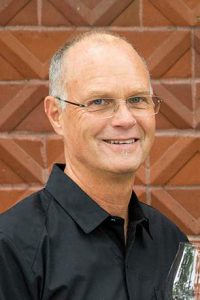
Energy Creation
From Raleigh
Only Sleep Makes us Badass?
When I first heard Matthew Walker on Rhonda Patrick’s podcast FoundMyFitness, I ran into the other room and shouted to my wife, “you gotta hear this!” Then, Peter Attia on his podcast, The DRIVE, featured Walker for three consecutive episodes of more than an hour each. Matthew Walker, much to my surprise, was riveting. I chose not to attend this year’s TED2019 Conference in Vancouver (every other year seemed like plenty), but my friends there report Walker was one of the TED2019 live speakers that raised the roof; I can’t wait to hear it.
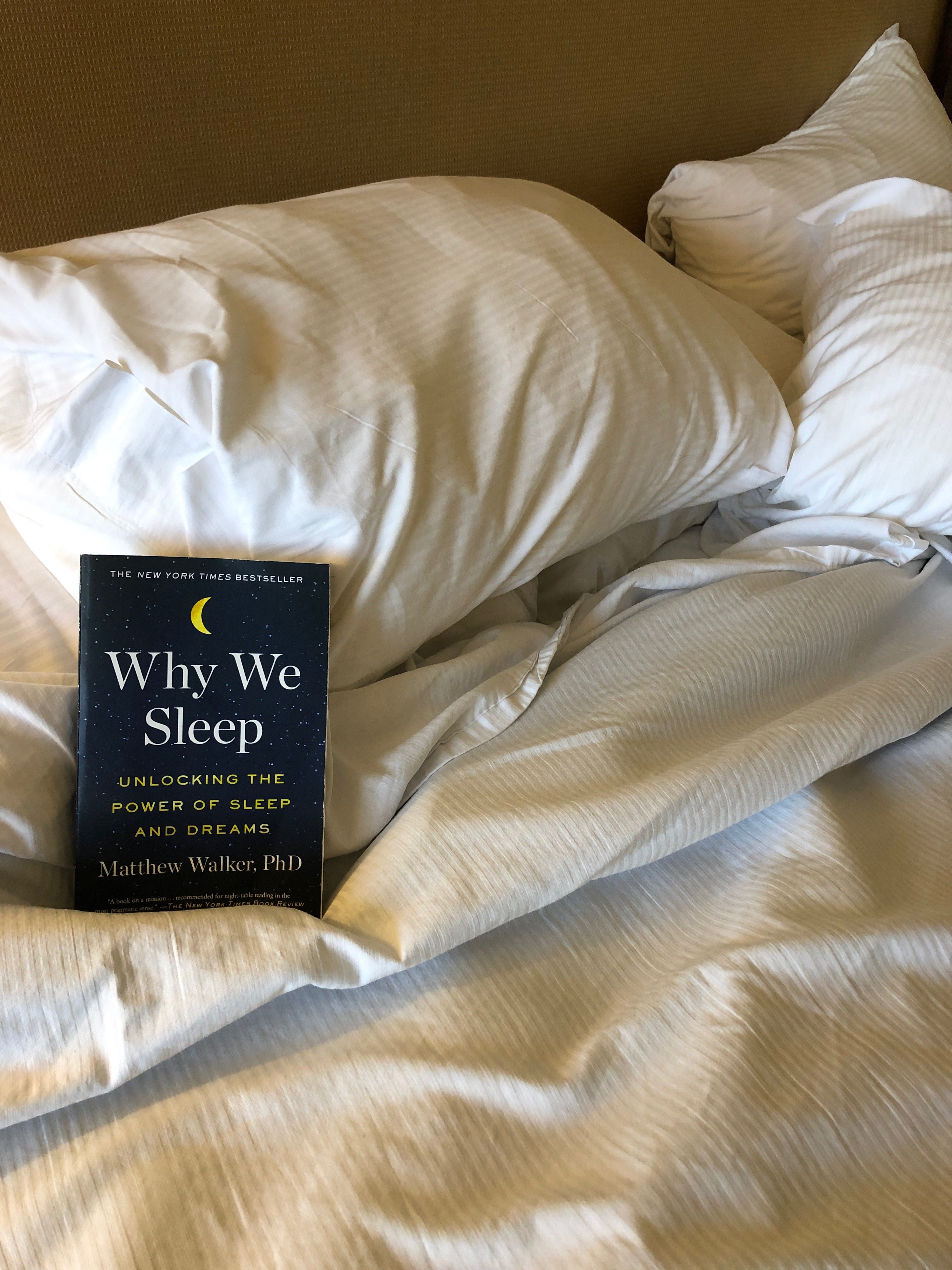
Since I am more than casually interested in Phi, consciousness, I am also interested in un-consciousness, the greatest part of which (for most people) is sleep. Walker, in his podcasts and in his book, sets forth the argument that there is nothing more important for optimum performance and optimum experience than sleep. Absolutely nothing. That from an evolutionary point of view we can go 20 days without food and three or four days without water, but after 24 hours without sleep, we can barely function as Homo sapiens and certainly not as Homo prospectus.
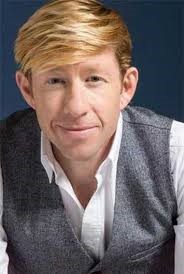
When I tell my friends about Walker’s podcasts and his new book Why We Sleep, they ask questions like, “What does he recommend about what to eat, when to sleep, how to dream?” His answers? Don’t drink caffeine or alcohol. Go to bed at the same time every night and wake up at the same time every morning (even on the weekends). Set an alarm to go to bed just as you would set an alarm to wake up. Sleep in a cool room.
Look, it’s not hip to talk about this, it’s merely what our grandmothers always told us, right? But Walker makes some startling assertions including that interrupted sleep has a direct causal relationship to cognitive decline, especially Alzheimer's. Also, sleeping for 6 hours (as opposed to 7.5 or 8) for just one night can affect the next day's performance by a negative thirty percent.
How many of us who are high-performing EOMs are underslept? What could be our potential if we treated sleep as seriously as exercise?
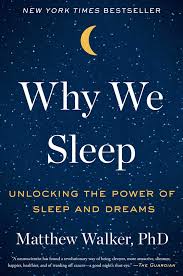
© 2024 Bigelow LLC. All rights reserved.

